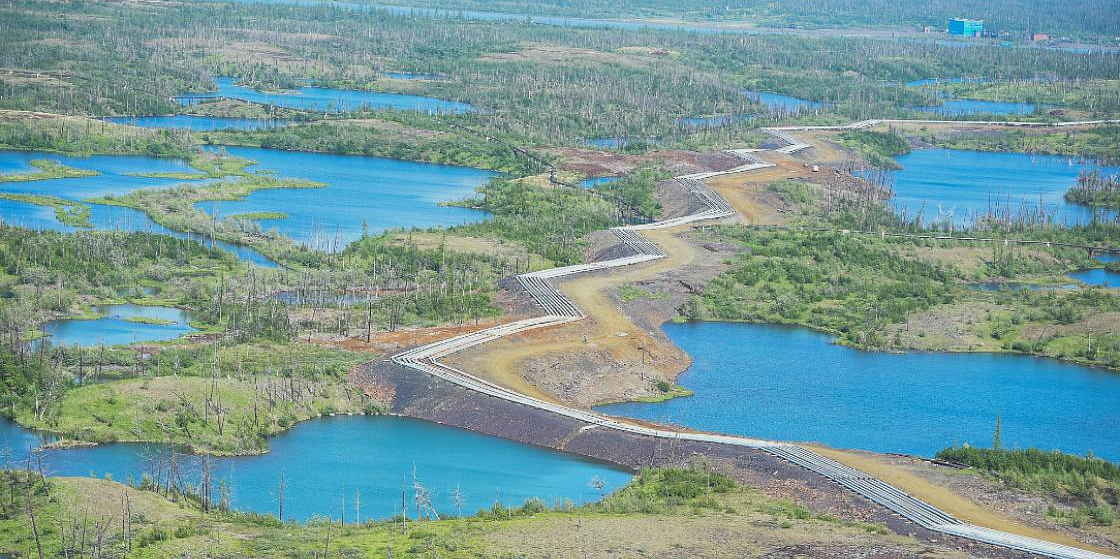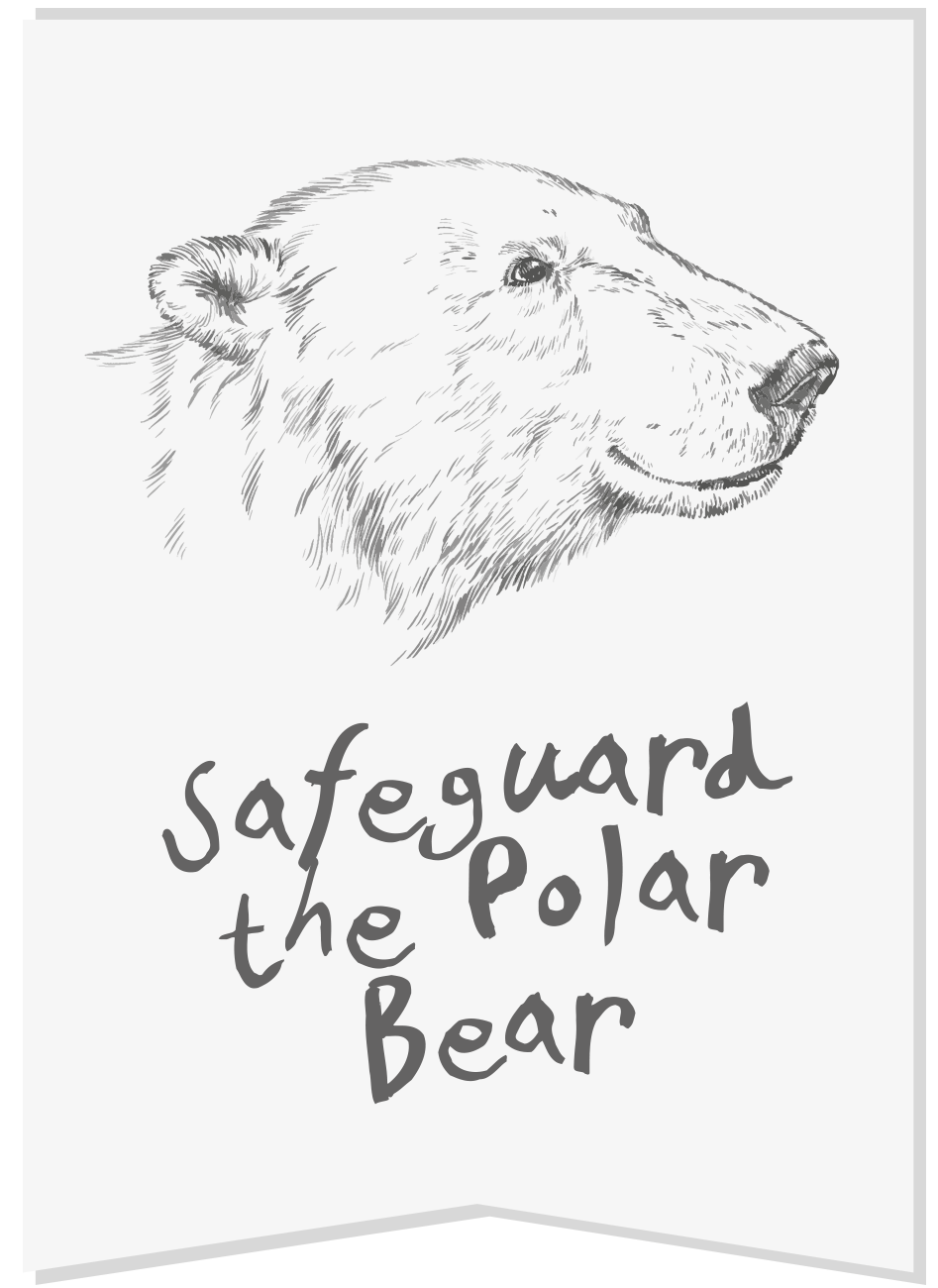
Photo: PORA
Contamination Levels in Norilsk Oil Spill Area Are Decreasing
The areas affected by the past year’s oil spill in Norilsk appear to be recovering, says the Ministry for Environment and Natural Resource Management of Krasnoyarsk Kray, Russia. According to the statement made by the Ministry on 25 November 2021, such were the findings of a field study conducted on the Taymyr Peninsula.
A team of experts from the regional Environment Ministry and the Centre for Environmental Monitoring was deployed in the Norilsk Industrial Area in summer/autumn 2021 to track changes in the environment. To see how the situation changed since May 2020, when tons of diesel had leaked onto the ground and into local rivers from a storage tank near Norilsk, researchers sampled water and soil in the vicinity of and in the affected water bodies. The previous study was conducted last summer/autumn in the same locations as per the same protocol.
280 samples of surface water and 448 samples of soil were collected in thirteen various locations across the area concerned. The samples were then laboratory tested for a range of contaminants such as oil and metals, including aluminum, strontium, tin, nickel, sodium, bismuth and others.
Lab tests show that things are getting better -- including owing to a coordinated conservation effort. “The data indicate that oil and heavy metal content of water in local lakes, streams and rivers is going down. The hard work that has been done by all parties, including Nornickel, to speed up the recovery is paying off. We will keep a close eye on the water bodies of the region and take further steps to improve the condition of the environment”, said Yulia Gumeniuk, Deputy Minister for Environment and Natural Resource Management of Krasnoyarsk Kray.
PORA is taking an active part in addressing the social effects of the 2020 Norilsk spill. Our expert centre, in close cooperation with the Russian Association of Indigenous Peoples of the North, Siberia and Far East, conducted an ethnological study in the area following the accident. The purpose of the study is to assess the impact of the incident on the traditional way of life and economy of the indigenous communities of the area, and support the steps taken to remedy the situation.
Arctic Today is a column by PORA CEO Alexander Stotskiy analyzing major international, national and regional events and trends in the Arctic.
A team of experts from the regional Environment Ministry and the Centre for Environmental Monitoring was deployed in the Norilsk Industrial Area in summer/autumn 2021 to track changes in the environment. To see how the situation changed since May 2020, when tons of diesel had leaked onto the ground and into local rivers from a storage tank near Norilsk, researchers sampled water and soil in the vicinity of and in the affected water bodies. The previous study was conducted last summer/autumn in the same locations as per the same protocol.
280 samples of surface water and 448 samples of soil were collected in thirteen various locations across the area concerned. The samples were then laboratory tested for a range of contaminants such as oil and metals, including aluminum, strontium, tin, nickel, sodium, bismuth and others.
Lab tests show that things are getting better -- including owing to a coordinated conservation effort. “The data indicate that oil and heavy metal content of water in local lakes, streams and rivers is going down. The hard work that has been done by all parties, including Nornickel, to speed up the recovery is paying off. We will keep a close eye on the water bodies of the region and take further steps to improve the condition of the environment”, said Yulia Gumeniuk, Deputy Minister for Environment and Natural Resource Management of Krasnoyarsk Kray.
PORA is taking an active part in addressing the social effects of the 2020 Norilsk spill. Our expert centre, in close cooperation with the Russian Association of Indigenous Peoples of the North, Siberia and Far East, conducted an ethnological study in the area following the accident. The purpose of the study is to assess the impact of the incident on the traditional way of life and economy of the indigenous communities of the area, and support the steps taken to remedy the situation.
Arctic Today is a column by PORA CEO Alexander Stotskiy analyzing major international, national and regional events and trends in the Arctic.
29 November 2021




